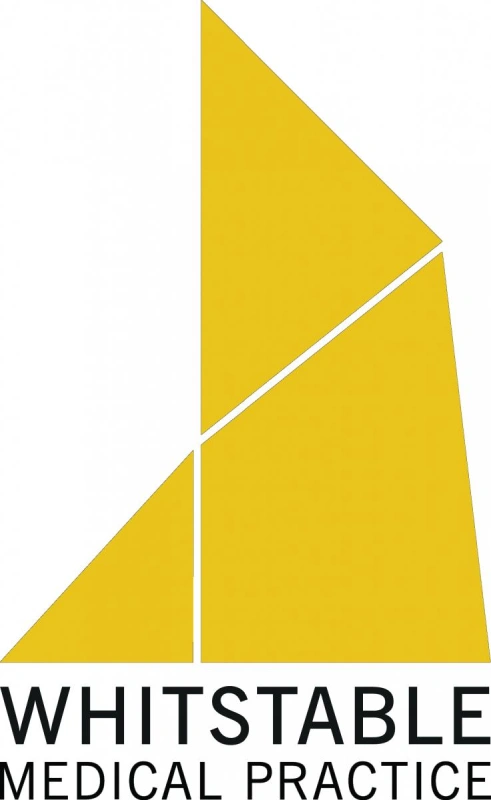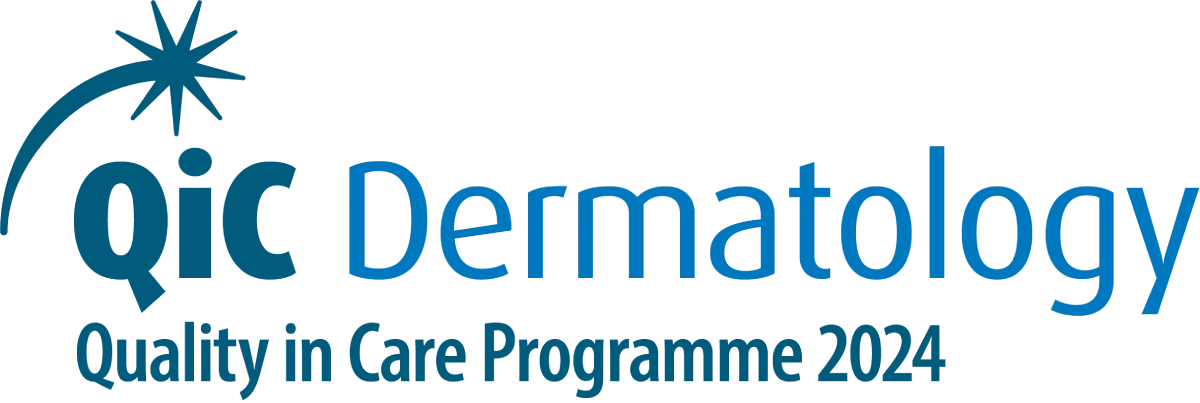We use cookies to help provide you with the best possible online experience.
By using this site, you agree that we may store and access cookies on your device. Cookie policy.
Cookie settings.
Functional Cookies
Functional Cookies are enabled by default at all times so that we can save your preferences for cookie settings and ensure site works and delivers best experience.
3rd Party Cookies
This website uses Google Analytics to collect anonymous information such as the number of visitors to the site, and the most popular pages.
Keeping this cookie enabled helps us to improve our website.
The practice recognises that AIDS (Acquired Immune Deficiency Syndrome) is a health issue that has attracted widespread publicity (which is often misinformed). It is therefore essential for people to be informed of the true facts and where to turn to for advice. The practice will adopt best practices in all dealings with patients in accordance with the requirements and the ethos of the Equality Act 2010.
What is AIDS/HIV?
AIDS is caused by a virus known as HIV (Human Immunodeficiency Virus) which attacks the body’s natural defence systems and leaves it vulnerable to infection and cancers. Not all individuals who become infected with HIV will necessarily develop AIDS, but at present, those who do develop AIDS will eventually die from their illness.
HIV infection is mainly transmitted by unprotected sexual intercourse with a person who has the virus.
Other routes of infection occur only in certain high risk groups e.g. drug users sharing infected needles, transmission from mother to her unborn child, healthcare staff in surgical theatres, certain contact with infected human blood or tissue products (rare).
There is no evidence that the virus is transmitted by any other route through coughing, sneezing, sharing cooking utensils or other articles in general use or through sharing toilet facilities.
Normal social and employment contact with an infected person is safe for both employees and members of the public as HIV is not spread that way.
General Principles
The practice will regard AIDS in the same way as any other serious illness.
Good clinical practice will apply in the respect as treating any other patient.
There will be no specific marking of records, although the disease may be added to the disease register.
Patients with the disease will be treated in exactly the same way as all other patients. Staff dealing with patients adversely will be subject to normal disciplinary procedures.
Everyone has a responsibility to avoid the spread of AIDS/HIV and the practice will aim to ensure staff are well informed through written information and training.
It is hoped that action taken to increase knowledge about AIDS/HIV and the provision of opportunities for individual to discuss their fears will help counter misinformation and prejudice before problems arise.
If a patient has concerns about having been exposed to the virus it is better for them to self refer to the local GU clinic. There will benefit from anonymity and thorough up to date counselling and support.
Training education and information
The aims of the policy are:
- to overcome unfounded fears and prejudices
- to promote good health and safety practices
- to increase awareness of the necessary personal precautions
Achieved by:
- Appropriate training being provided at regular intervals, or upon request
- Providing leaflets and lists of points of contact
- Guidance on good hygiene practice as part of clinical governance
- Regular review of this policy to take account of any updated information



